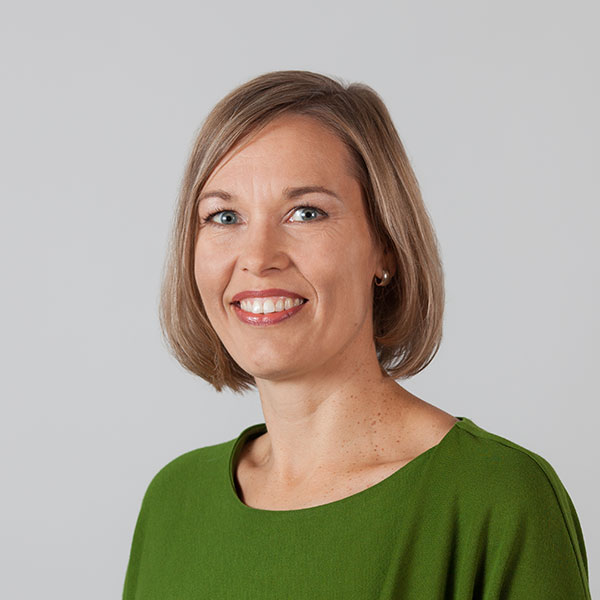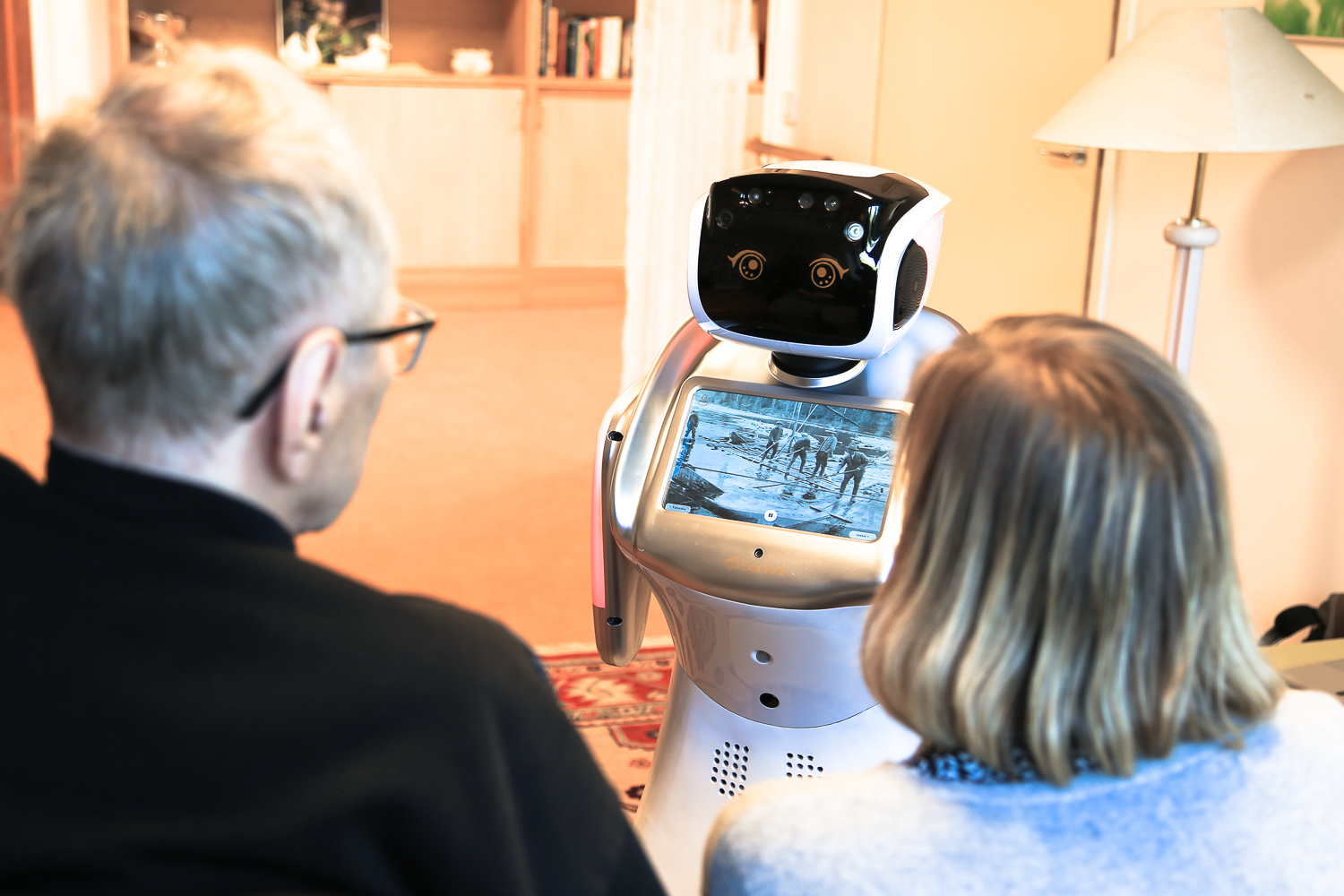In September, Kustaankartano Comprehensive Service Centre had a visit from the SARA robot, offering social stimuli for the residents. The experiment is part of the Social and Autonomous Robotic Health Assistant (SARA) project, which aims to develop a robot to take some of the strain off the personnel at care facilities. In addition to Kustaankartano, the robot is being tried out in Kaatsheuvel in the Netherlands.
Life expectancy has increased, whilst on the other hand, chronic illnesses have increased in prevalence. At the same time, the number of people looking to become care workers is on the decline in Finland and elsewhere in Europe. This is why there is a willingness to invest in health care and different technologies that support nursing in the future.
The Kustaankartano Comprehensive Service Centre in Oulunkylä in Helsinki has for a long time now been a pioneer in implementing and testing new care technologies. For example, Kustaankartano has smart floors and, this autumn, a multisensory room will be built to maintain the functional ability of residents with memory issues and provide relaxation for residents.
“The strength and guiding principle of Kustaankartano has always been that we have the courage and will to try out new technological solutions that serve our residents, staff and nursing at large. It is wonderful to see clever ideas, such as transportation robots and social robots, in action. This frees up nurses for actual care and nursing work,” says Kustaankartano Comprehensive Service Centre Head Nurse Jaana Pilvinen.
SARA entertained Kustaankartano residents
This autumn, the SARA robot was piloted for four weeks at Kustaankartano Comprehensive Service Centre. SARA is a robot with smart navigation, different types of social content and a height of approximately 145 cm. Social content can be viewed on the touch screen in the robot’s chest, and SARA is able to conduct simple discussions.
The SARA robot was piloted with a total of 18 residents, each of whom tested SARA for roughly two hours over several days. The residents chose the social content to be tested according to their own liking. The most popular content was the Hilda application, which combines music and photographs. The residents also liked listening to radio plays, looking at photographs and playing memory games. Many residents also tried the hand and foot exercises, which had been specifically tailored to residents of Kustaankartano. Both the care staff and the residents had a positive attitude towards SARA and felt that it was a natural part of everyday life at the centre.
Experiments continued in the Netherlands
The objective of the Kustaankartano experiment was to make sure that the robot developed during the project meets both the needs of the customers and the nursing staff as optimally as possible. For this purpose, the residents’ interaction with SARA was observed, and nurses were interviewed at the end of the test period.
At the beginning of October, SARA travelled to Kaatsheuvel in the Netherlands, where a similar experiment was conducted in residential care.
According to Annabella Hermans, the Data-Driven Experience Consultant at Bright Cape in the Netherlands, SARA was welcomed by the nursing home residents in the Dutch pilot, as well. “There even was a moment where the nurse and client walked up to SARA, navigated together through the content menu and started an audio story. The nurse asked if she could leave for a while to pick up another client. The client felt safe with SARA and the nurse could attend to other work for a moment. This is exactly the purpose of our SARA.”

The robot has been primarily developed with funding from EIT Digital and in cooperation with four project partners. The Finnish partners are Forum Virium Helsinki, which is in charge of the pilot in Helsinki, and GIM Robotics, which developed the robot’s navigation platform. The project is coordinated by Bright Cape Holding from the Netherlands, and Technische Universität Berlin is in charge of developing the social algorithms.

Further information

Anne-Mari Sandell
#robotics #FABULOS #BrightAgeing
Mobile: +358 40 903 1922
anne-mari.sandell(at)forumvirium.fi
Subscribe to Forum Virium Helsinki Newsletter!
Smart solutions for cities, piloting for companies and collaboration possibilities for research institutions – you’ll be the first to know!
